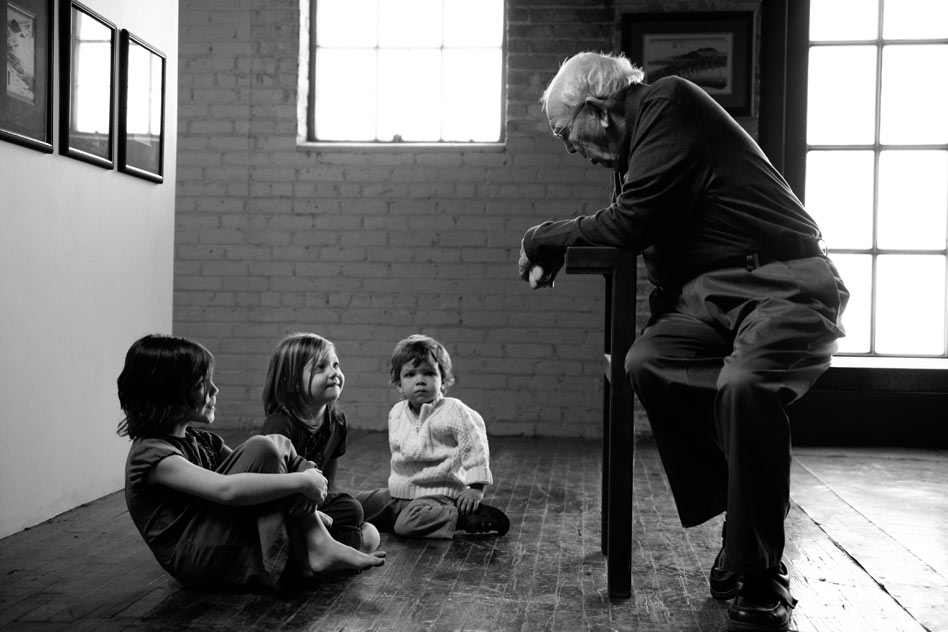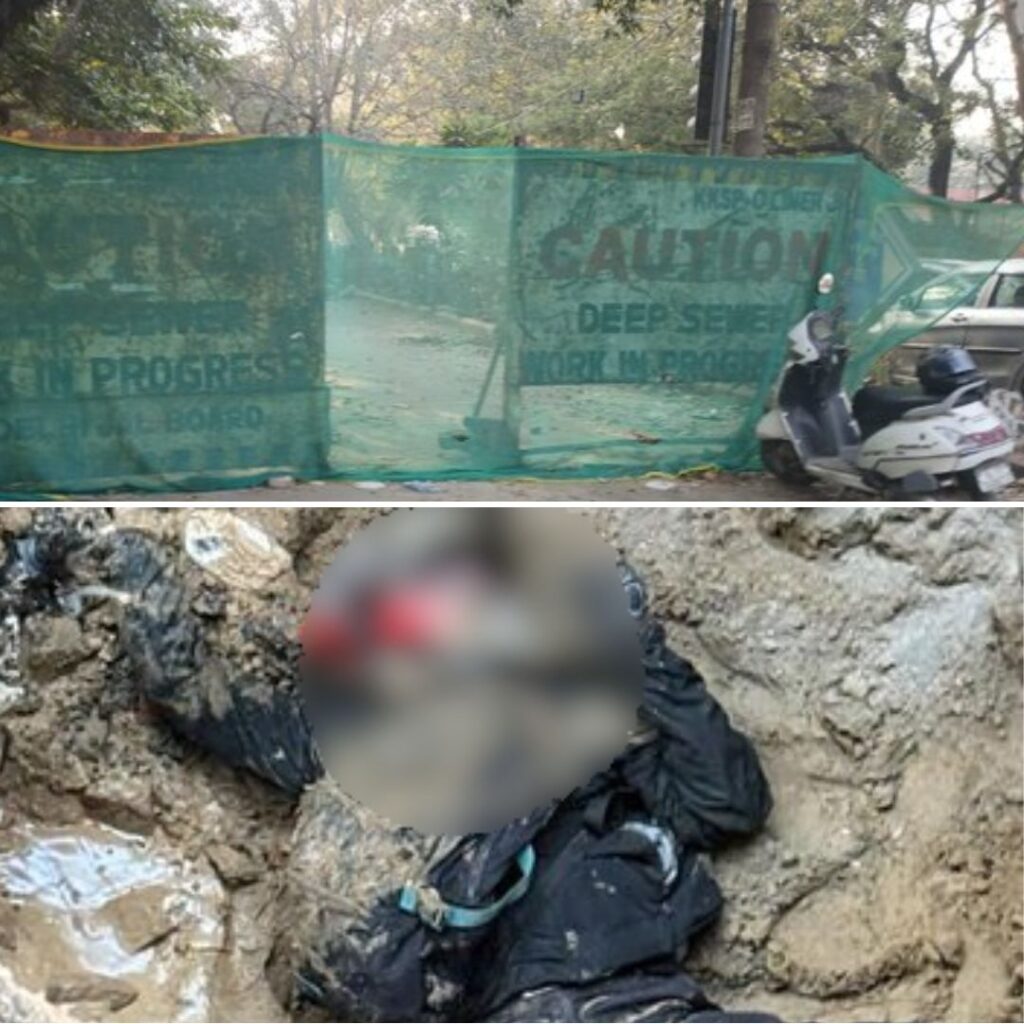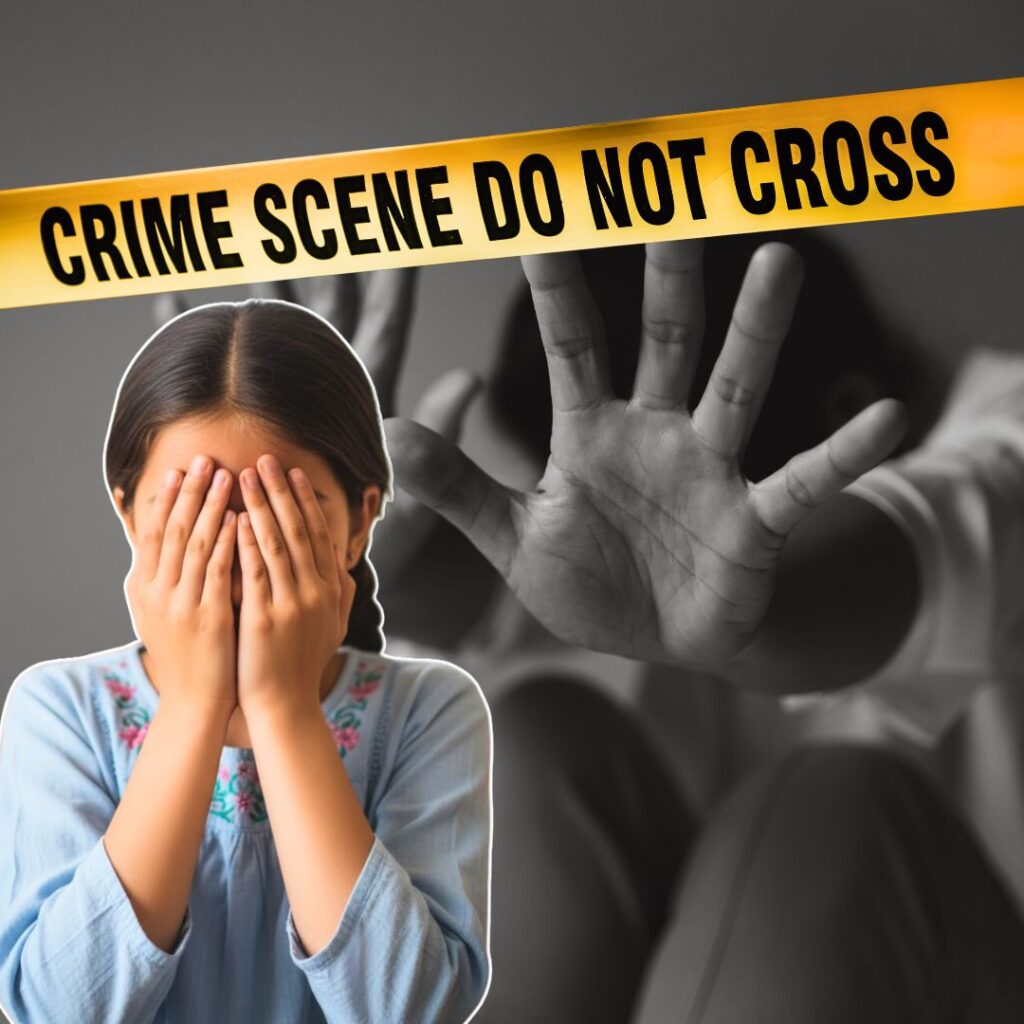Image Source: fototails
A few days back I was reading on Partition literature-genocidal tales of fear, threat, courage and survival which symbolize the tragic and forced migration of people in India and Pakistan. From books to documentaries, from one source to another, I was trying to identify with the horror of Partition to remember the victims and hope an incident of this disastrous nature does not happen again. Despite my attempts to find a personal awakening in the stories, I felt detached and a stranger reading the official literature on Partition. Then it struck me. What about my grandparents? They were the first-hand victims of Partition-they had to face it, had to prepare themselves, bear the inescapable peril, survive the hostility, and live to tell its gory details. But they were silenced as no one was asking them to tell it.
I was ashamed, deeply, that why I didn’t ask them about it- my grandparents would have wanted to share some shreds of their arduous journey through blood and toil. Listening to them would have been like revisiting the oral literature of Partition-to hear them voice it so it is not forgotten, unacknowledged, and left to rust in the dark abysses of history. But I was young, carefree and innocently ignorant of Partition and how my grandparents were a living example of human beings’ resilience in the face of mortal danger. So today, even though I have terribly lost and failed my grandparents in not capturing their words, their ordeal, their edifying memories, I know it is never too late for all of us.
Hence I speak with an urgency that we should listen to our grandparents, and our parents to know the Orality of any historical chapter of their times. Orality-the local knowledge which I will not say succeeds other sources of information but it sure has attestations of truth which can verify written sources. It is not only about truth when you come to think of it-knowing Orality, comparing it with written accounts, and recording it for our future is one thing but in accomplishing these tasks, we also bring back a sense of pride, dignity and self-worth to our grandparents.
In listening to them, they would certainly feel valued, recognized and heard as they have seen the world and would wish to share with us how to live in it the right way.
Listen Because You Care
Our grandparents can talk, isn’t that an annoying issue we have with them. True, but we need to hear what they have to say lest in forgetting their words, we disregard them and they lose themselves in the crowd of indifferent kids. In venting their memories, our parents to grandparents are not only reliving their past, but also assuring themselves that by telling us, we will not repeat it and be safe and secure to live the future.
Listen Because You Can Record
From local proverbs to rustic parables, stories, poems, what will happen to them if we refuse to listen? They will be lost forever and in not recording them we are going to regret it
permanently. The lullabies which made us sleep, the anecdotes that had us giggle, the recipes which made our life tasteful and scores of things which our grandparents talked about, record them for your posterity. For if you will not, who will. The thought of losing it all might not scare us today, but one day when the narrator of these poems and stories will no longer be with us, we would wish if we had valued the memories of our ancestors and preserved them to cherish forever.
Listen Because They Need to Voice
Listening is not only about our personal reasons or for the betterment of the public, but also to hear those who have been silenced. How depressing and hurtful it is, when we have a story to tell, but no one is going to hear, represent or acknowledge us and we are left ostracised, forgotten and worth nothing at all. This same feeling is multiplied a thousand times when kids do not listen to their parents and grandparents and disregard their stories as monotonous, insignificant and rubbish. For them, listen and you will see it doesn’t take for you to make a grand gesture to make them happy, but few and meaningful steps as listening to them can make a difference to their sense of identity and value.
Listen For the Future
We know how facts can get misrepresented when they follow one person to another over generations. So when we have a chance to know the truth, the gospel truths, from our ancestors, listen to it. And also, make an attempt to corroborate it with the official sources to judge whether truth is being legitimatised in the official narratives or slanderous falsehoods. In doing so, many misconceptions, distortions, fabrications can be put to rest to ensure a balanced, sensitised, and impartial society.
Listen Because It Will Change You
It will. Won’t it? We gossip with our peers and colleagues about trivial issues as if they mean the world to us. And the joy we get out of it is certainly priceless. We have friends, we have the resources to go out and make friends, and we have our lives bustling with events to share with others our antics no matter how paltry or how big they are. But our grandparents, who had lived their lives with equal or greater spirits, who will they talk to? The world in changing too fast is turning into a strange place and for our ancestors we are the only connecting link to a familiar place where they can feel at home, safe and loved. But with the curt and boorish manner we shut them down, it’s like there only haven in this world has viciously turned on them. Feeling distrusted, browbeaten and shunned, our grandparents have no ally, friend or a safe place to talk it out. All for nothing, wouldn’t how they would feel? All those experiences of funny and harsh nature-all for nothing as no one cares to listen even for a while.
You can change this. You can listen so such feelings of worthlessness do not shroud them in inconsolable angst, low esteem and terror. I was too young to know of these sensitive matters,
but I am not anymore. Let’s listen so we can pass it on and make our ancestors feel they lived their life in worth than waste.













